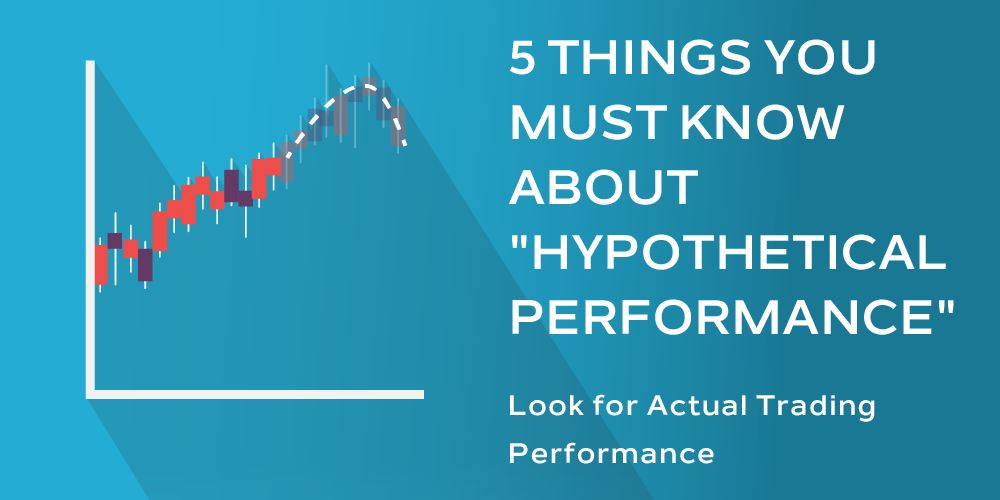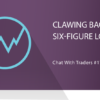
Have you ever been presented with hypothetical (simulated) performance information and wondered if these pie-in-the-sky records are too good to be true?
Well, have you also noticed that accompanying disclaimer nearly as long as the Gettysburg Address? That’s the regulators’ way of making sure you take hypothetical results with several grains of salt. Here’s why:
- Hypothetical results are based on a host of assumptions that may not hold up in actual trading.
For example, while hypothetical reports typically deduct “slippage” on every trade to account for the probability that market and stop orders may not be filled at projected prices, it may be woefully inadequate to account for rapid price movement in volatile markets. - Hypothetical results are usually based on backtesting…
Meaning that a developer looked at historical data and said, “What would have worked best during this period of time?” Success going forward assumes that what happened in the past will happen in the future. - The developer may have cherry-picked the backtest time period to fit his or her vision.
Economic and political events that may influence the markets in the future are unpredictable; events in the past are a bit easier to account for. - Hypothetical results are achieved without financial risk.
Most hypothetical track records assume the ability to withstand losses, meet margin calls and stick with the program; a real investor sustaining losses might not be willing or able to do so. - There’s a big difference between “actual trading” and what is sometimes referred to as “real-time” trading.
Actual trading is the real deal: executed trades in a funded account. Real-time can be simulated trading using price data.
That hypothetical disclaimer is there for a reason. Remember that hypothetical trading is like shooting ducks in a barrel. Real trading is also like shooting ducks in a barrel – except that the ducks have guns and are shooting back.
What characteristics should you look for in a program before you think about investing? Click HERE.










